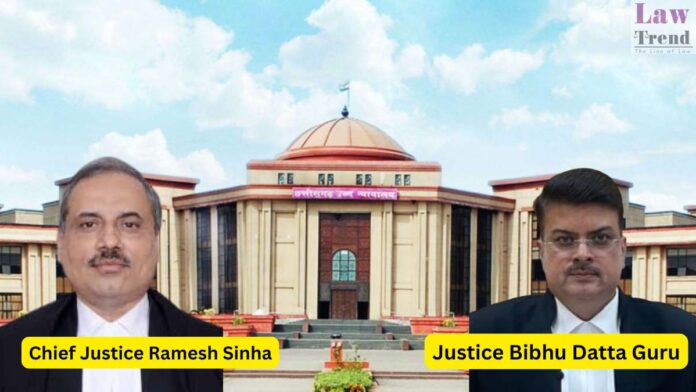In a notable ruling, the Chhattisgarh High Court dismissed the appeal of Professor N.D.R. Chandra, former Vice-Chancellor of Bastar Vishwavidyalaya, who challenged his removal from office. The court upheld the State’s authority to invoke Section 52 of the Chhattisgarh Vishwavidyalaya Adhiniyam, 1973, empowering the government to intervene in the administration of state universities under extraordinary




